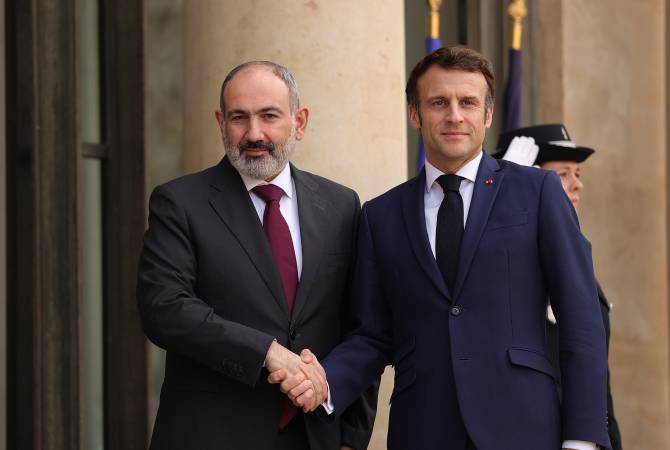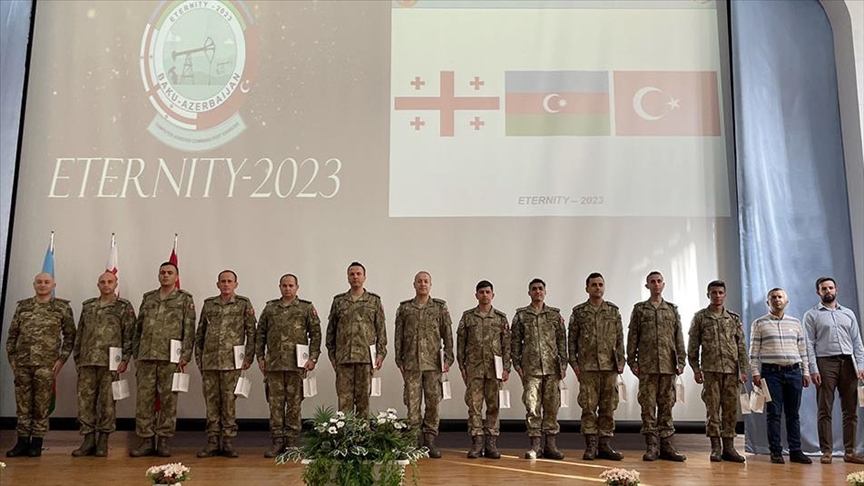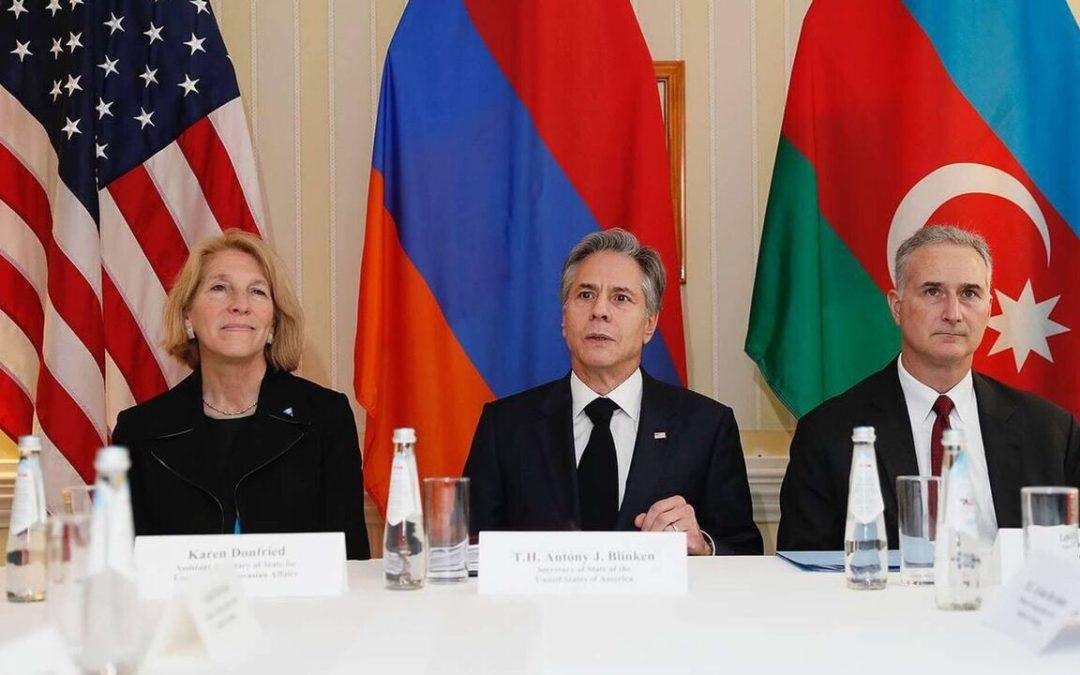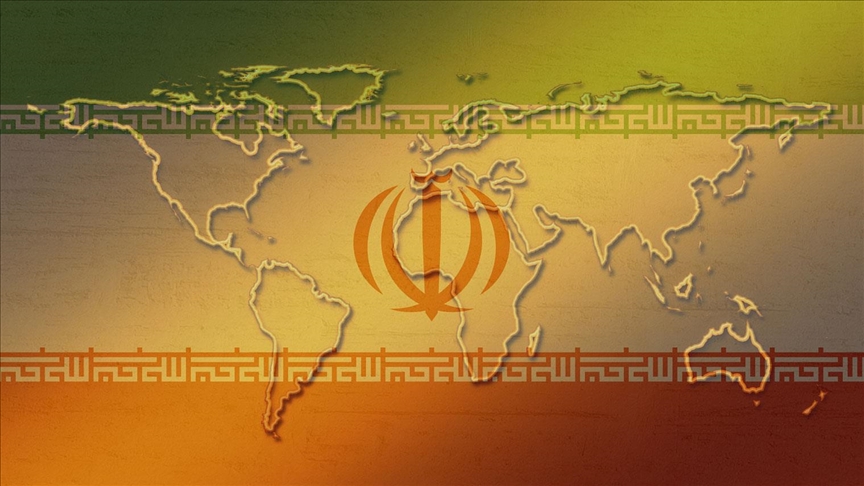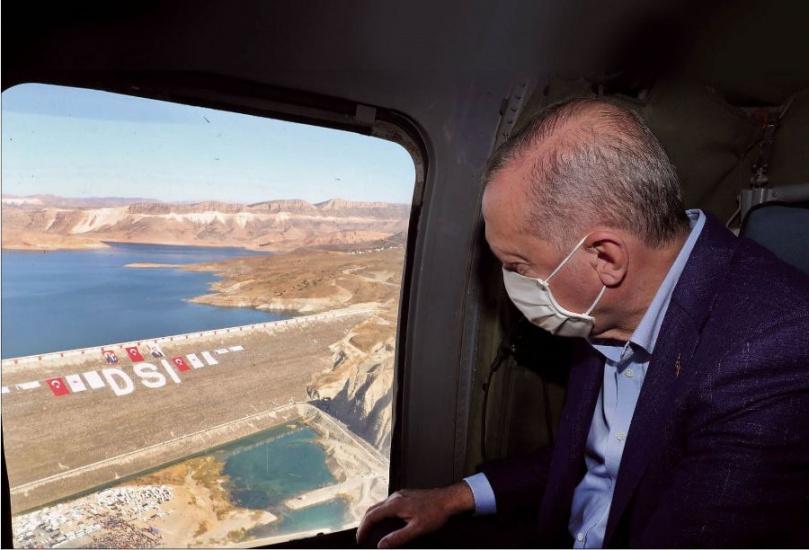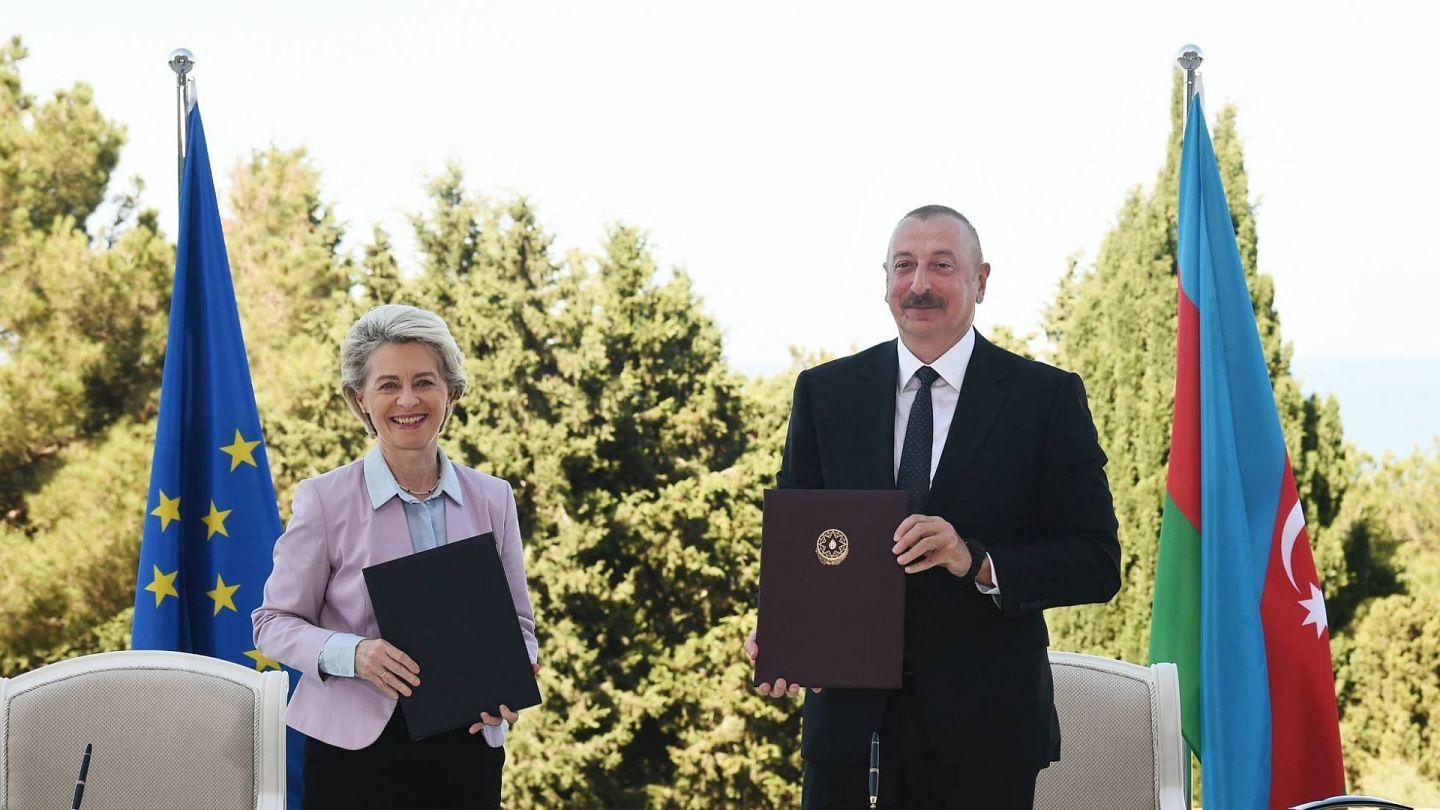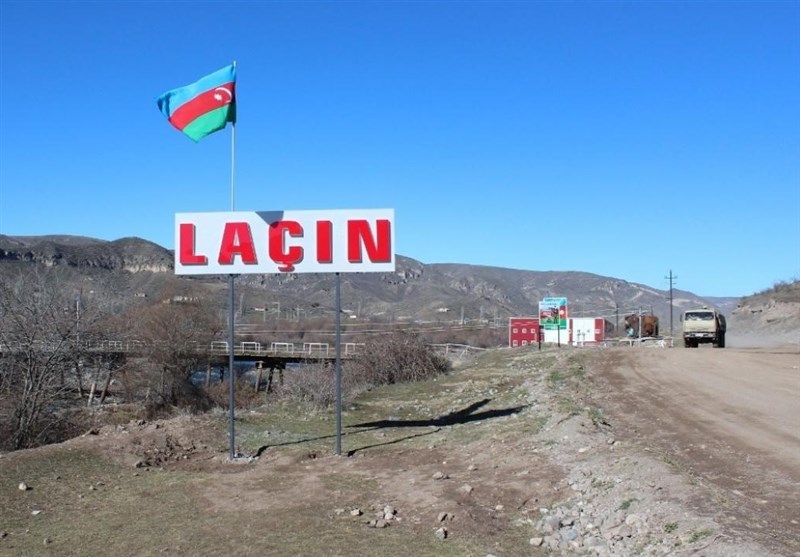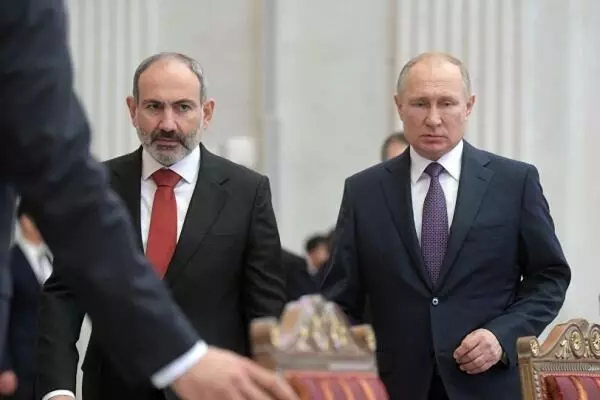An Analysis of UNGA Resolution for Full Membership of Palestine
Strategic Council Online – Interview: An expert on international issues said that tearing up the UN Charter by the representative of the Israeli regime in response to the resolution on the full membership of Palestine means that the representative of this regime has admitted the end of what is called the state of Israel.










